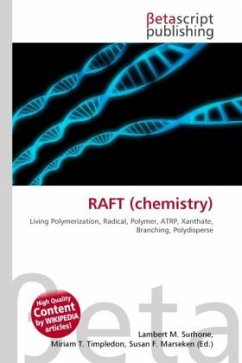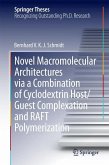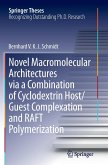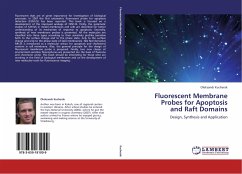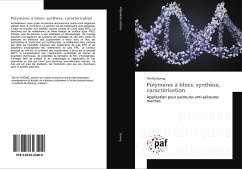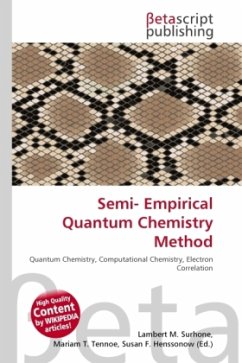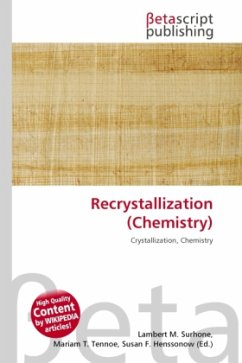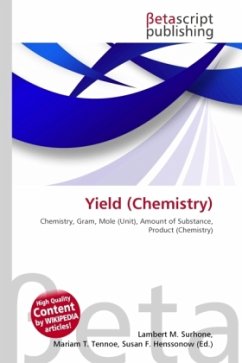High Quality Content by WIKIPEDIA articles! RAFT or Reversible addition fragmentation chain transfer is a form of living radical polymerization. Reversible addition fragmentation chain transfer polymerization was discovered by the CSIRO in 1998. This is a new method for the synthesis of living radical polymers that may be more versatile than atom transfer radical polymerization (ATRP) or nitroxide-mediated polymerization (NMP). RAFT polymerization uses thiocarbonylthio compounds, such as dithioesters, dithiocarbamates, trithiocarbonates, and xanthates in order to mediate the polymerization via a reversible chain-transfer process. This allows access to polymers with low polydispersity and high functionality. RAFT also allows for the production of complex architectures such as block, star, graft, comb, and brush (co)polymers. RAFT is also known for its compatibility with a great variety of monomers, solvents and reaction conditions.

